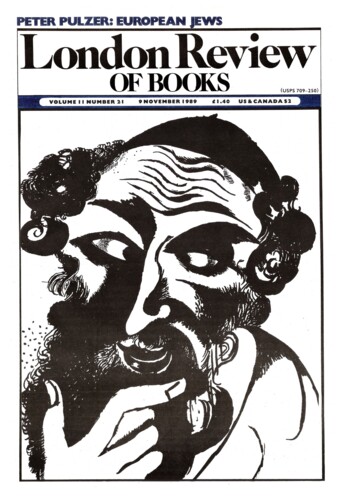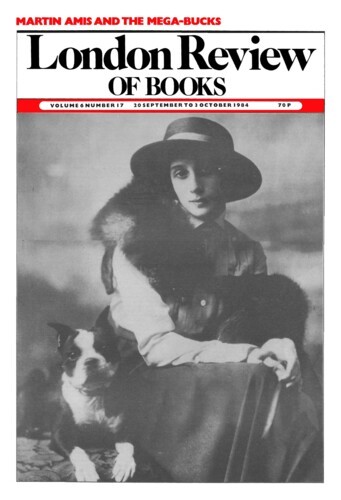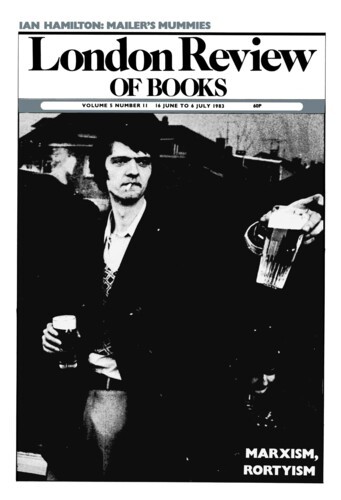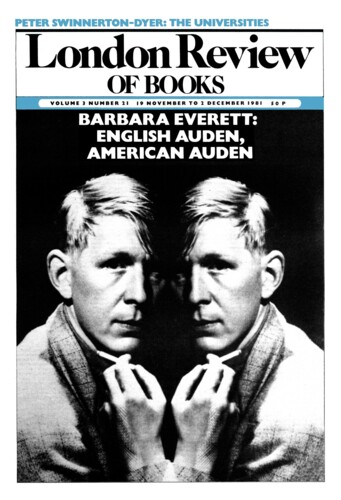In search of the Reformation
M.A. Screech, 9 November 1989
Reformation, Counter-Reformation, Renaissance, Humanism – we all break up the past into periods and movements convenient for study, yet it is impossible to understand the Europe of the 15th and 16th centuries if such labels are mistaken for realities. The Reformation is an infinitely complex and mysterious affair: unless and until there is agreement over what it was there can be no successful search for its causes. The Reformation embraces delicate questions of individual decision, vast political movements, civil wars, petty college rivalries, profoundly opposed pieties, tensions between occasional tolerance and frequent searing indignation. The same martyr who walked in dignity to the scaffold dismisses others burning at the stake as the ‘Devil’s stinking martyrs’. Clergymen as diverse as Luther, Erasmus, Rabelais and Pierre de Ronsard explode at what they see in monasteries and convents. For Luther – and for Rabelais, in a book dedicated to a cardinal – the Vatican was stuffed with unbelievers, pretending to follow Christ in order to diddle Christian idiots out of their money; a staunch Roman Catholic gentleman-soldier such as Montaigne can giggle (in his Journal de Voyage) at the ineffectual fulmintions of his Pope while deeply respecting the magisterium of the Church. We do not know, we shall never know, how much depended on the complex psychology even of well-known men such as Luther, Melanchthon, Calvin, Bucer or Beza, not to mention that of their wives or mothers, nor of now lesser-known theologians such as Faber (Lefevre d’Etaples) or Girard Roussel, the favourite preacher and bishop of Margaret of Navarre, who was prepared to protect controversial religious thinkers, or a Lutheran court poet such as Clément Marot, from persecutions approved of by her beloved brother King Francis I.’




